Bosnia-Herzegovina: Bosnian Muslims divided over US-led strikes in Afghanistan
Bosnian Muslims' are far from unanimous in their reaction to the US-led strikes on Afghanistan amid irritation that Bosnia has been singled out in the US press as a country allegedly sheltering terrorists.


SARAJEVO, Oct 12 (AFP)(12/10/2001) - Bosnian Muslims' are far from unanimous in their reaction to the US-led strikes on Afghanistan amid irritation that Bosnia has been singled out in the US press as a country allegedly sheltering terrorists.
"I do not think that this is the right way to solve the problem. They should have found a way to catch (Osama) bin Laden without punishing him by bombing an entire country," Lamija Polic, a 46-year-old nurse, told AFP.
Following Bosnia's 1992-95 war and "after 200,000 people were killed here, Americans convinced us that the response to violence must not be violence... Why do they not apply the same logic to the problem of terrorism?" Sefik Halilagic, a 67-year-old pensioner, asked.
Muslims make up 44 percent of the population in Bosnia, outnumbering both the Serbs and the Croats.
However although Bosnia-Hercegovina, situated at the heart of the Balkans, is recognizable by its mosques, with minarets visible at least in the Muslim-Croat half of the country, the Muslims' feeling of belonging to the rest of the Islamic world remains weak.
Above all, people in Sarajevo are anxious to distance themselves from Islamic terrorism -- and the backlash against it.
Militants from several Islamic countries came to fight on Bosnian soil during the 1992-95 war, some of whom have since joined the terrorists' ranks.
"The readiness of the authorities to join the anti-terrorist coalition and the number of police operations undertaken since September 11 cannot wipe out the fact that Bosnia has been described as a country which hosts supporters of Osama bin Laden, as influential western media have reported," Emir Habul, an analyst with the Oslobodjenje daily newspaper remarked.
Bin Laden is wanted by the United States for the September 11 attacks on New York and Washington which left over 5,000 dead.
According to the US newspaper the Los Angeles Times, Bosnia is considered to be a sanctuary for terrorists.
There are still some 30 Islamist extremists in the country with direct links to terrorists, the newspaper quoted an unnamed official of the NATO-led Stabilization Force (SFOR) in Bosnia as saying.
The article angered Bosnian Muslim leader Alija Izetbegovic, who had been criticised for handing out Bosnian citizenship too readily to Islamic extremists who joined his army during the war.
According to him, the mujahedin are not terrorists. "There are two million Muslims in Bosnia and it seems that all of them are now under suspicion," he told Dnevni Avaz daily in an intrview.
But fellow Muslim, central goverment Prime Minister Zlatko Lagumdzija, said that the presence of Muslim Bosnians, originally from elsewhere, who are suspected of terrorism could not be denied.
The interior ministry of the Muslim-Croat federation, which along with the majority Serbian entity Republika Srpska makes up Bosnia, had been praised by SFOR for arresting one naturalized Bosnian citizen, Bensayah Belkacem, also known as Mezd, who was accused of having contacts with one of bin Laden's senior associates.
The central government, which has formed an anti-terrorist unit, has notably tightened controls on its borders, checking the identity of all those arriving in Bosnia.
But, some Bosnian Muslims claim that by pointing a finger at their country after the September 11 terrorist attacks in the United States, a primary task is being forgotten; the efforts to arrest the UN war crimes tribunal's most wanted suspects -- Bosnian Serb wartime leader Radovan Karadzic and his army chief Ratko Mladic.
Serb and Croat hardliners estimate that "this is an ideal opportunity to turn away the attention from the criminals and crimes committed against Bosnian Muslims and direct it towards a fictitious danger of Islam," Izetbegovic said.
//Shqiptarja.com
 Sondazhi i ditës:
Sondazhi i ditës:
Anti-berishistët mbledhin firmat për partinë e re, a do të mbështetet?
-
Po
52.7%
-
Jo
37%
-
Nuk e di
10.4%
Vota total: 2814
Votat totale janë unike

Lajme të tjera
-
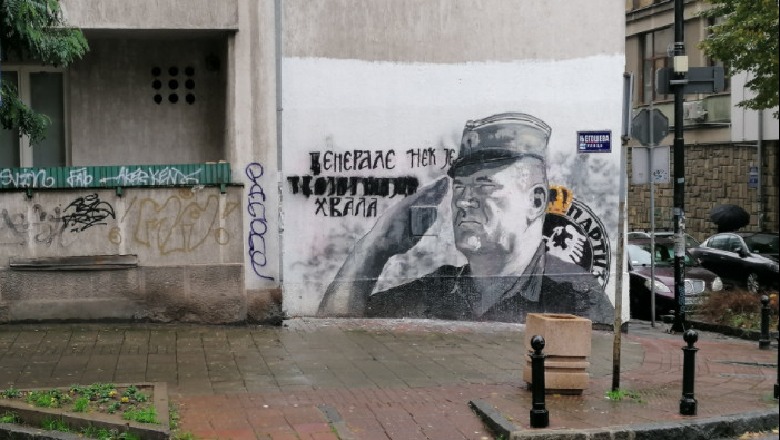
KE i bën thirrje Serbisë: Hiqni muralin kushtuar Ratko Mladiçit
20 Nëntor 2021, 08:24
-
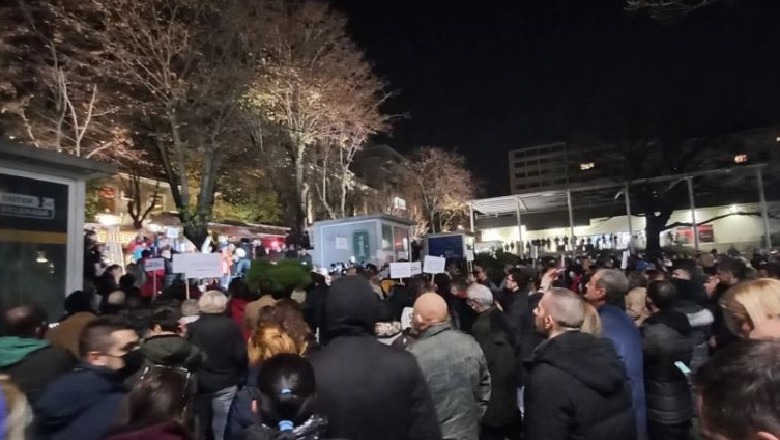
Murali i Mlladiç në mes të Beogradit, nis protesta për heqjen e tij! Qytetarët: Koha që Serbia mos të mohojë gjenocidit në Srebrenicë
13 Nëntor 2021, 21:18
-
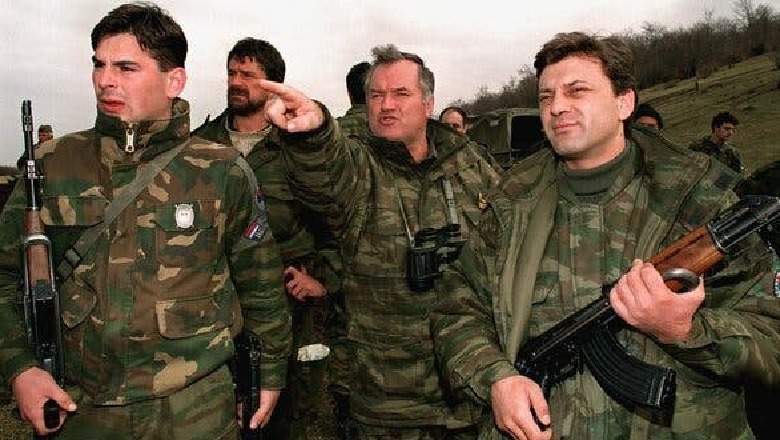
Burg përjetë për' Kasapin e Bosnjës' familjarët e viktimave: Si nënat e Srebrenicës edhe ai do të jetojë pa familjen! Media: Mbyllje e kapitullit të përgjakshëm të historisë
9 Qershor 2021, 10:38
-
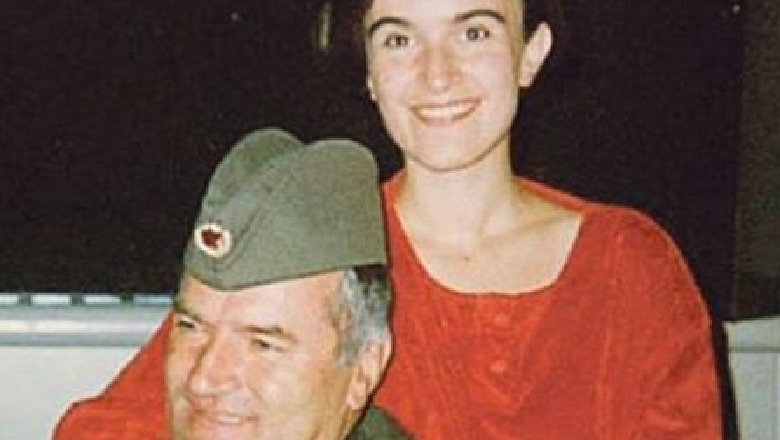
E vetëvrara e Ratko Mladiçit
9 Qershor 2021, 07:15
-
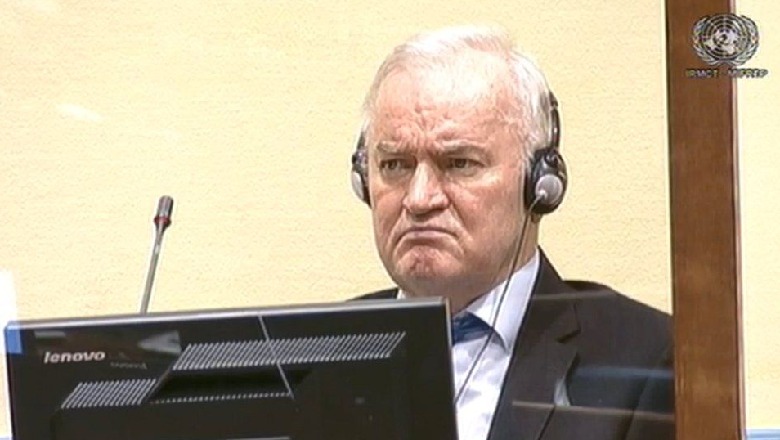
Ekzekutori i të paktën 8000 të pafajshmëve, dënohet përfundimisht me burg përjetë për gjenocid 'Kasapi i Bosnjës', Ratko Mlladiç
8 Qershor 2021, 16:36
-
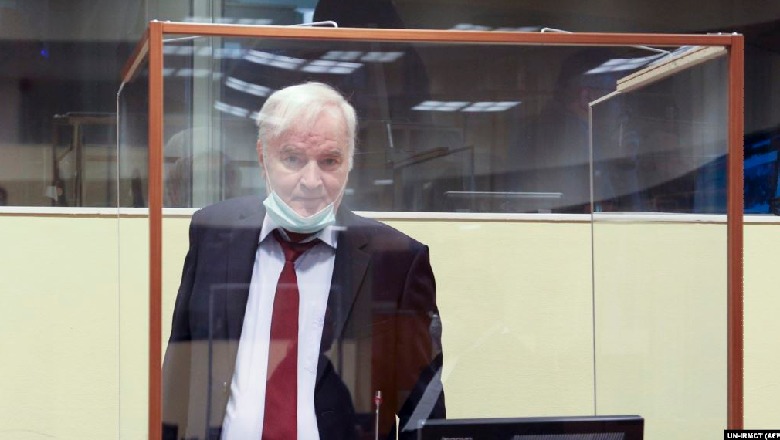
Gjyqi në Hagë, ish-gjenerali serb Mlladiq thotë se ka punuar 'me ndershmëri' në paqe dhe në luftë
26 Gusht 2020, 22:33
-
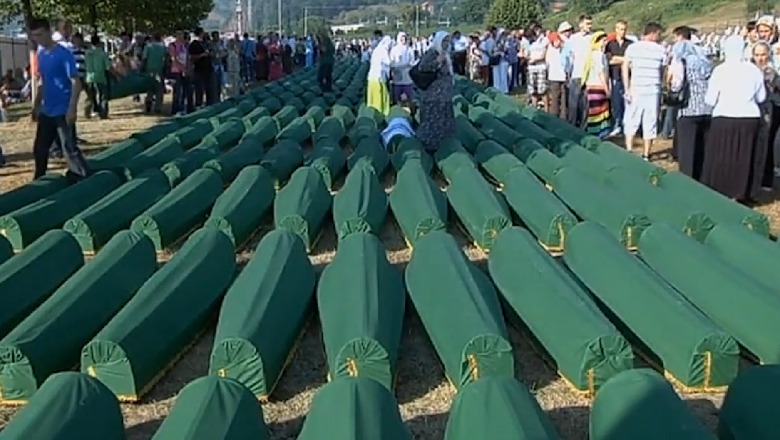
Plagët e hapura të Srebrenicës dhe gjenocidi i 25 viteve më parë
9 Korrik 2020, 11:20
-
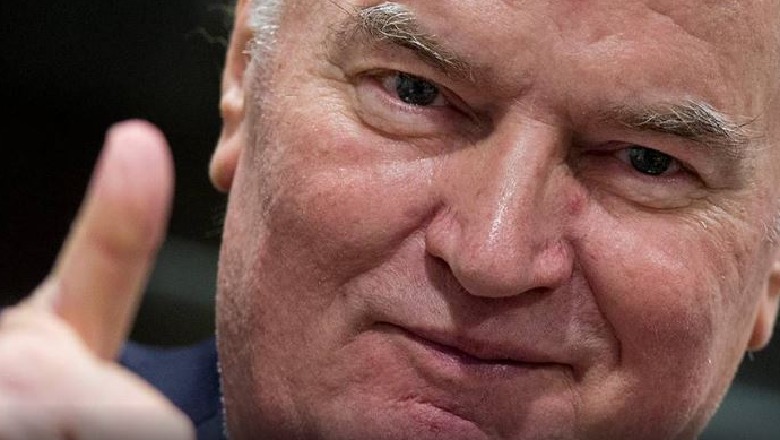
Gjykata e Hagës: Informacioni mbi vdekjen e Ratko Mladic është i pasaktë dhe ne e mohojmë atë
11 Shkurt 2020, 15:07






